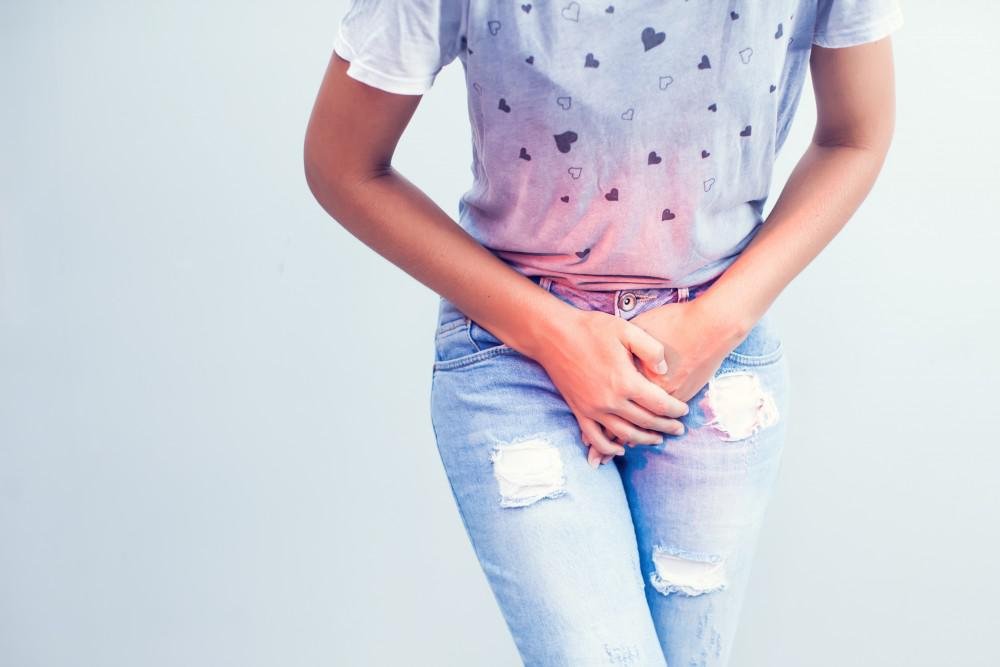Endometriosis in Teens: What You Need to Know
If your teen struggles with painful, heavy periods, she could be like at least 1 in 10 women in the United States who struggle with endometriosis.
Endometriosis causes the lining of your uterus (the endometrium) to grow in tissues other than the uterus, causing severe cramping, heavy bleeding, abnormal bleeding and spotting, clotting, and digestive trouble.
At Kelly Morales, OB/GYN in San Antonio, Texas, Dr. Morales and our compassionate care team specialize in offering compassionate care for adolescents. Working with an understanding OB/GYN offers your teen the help she needs for getting a diagnosis and treatment for conditions like endometriosis.
While endometriosis in the teen years is similar to endometriosis in women, adolescents have unique concerns, as their bodies are still growing. Take a moment to learn what you need to know about endometriosis in teenage girls.
Endometriosis overview
Because endometriosis causes the endometrial tissue that lines your uterus to grow outside the uterus, it can cause significant pain. That’s because when you get your period each month, this misplaced tissue still thickens and tries to break down the way it normally would if it were in your uterus.
Since it can’t leave your body as it does when you get your period, this misplaced endometrial tissue causes inflammation and irritation. Over time, scar tissue (called adhesions) forms. In some women, endometriosis and the scar tissue it causes can lead to problems with fertility.
Common symptoms of endometriosis include:
Problematic periods (extreme cramps, heavy bleeding, clots, spotting between cycles)
Persistent pain in the abdomen, back, or pelvic area
Unexplained gastrointestinal problems (constipation, diarrhea, cramping, seeing blood when going to the bathroom, pain when going to the bathroom)
Many women aren’t diagnosed with endometriosis until they try to conceive and find getting pregnant difficult.
Teen endometriosis
Many women diagnosed with endometriosis report that their symptoms started in their teen years, before age 15. But since endometriosis shares some symptoms with normal periods, it’s often difficult for teens to know when something is wrong.
Cramps and discomfort are normal for the first day or two of your period. Over-the-counter painkillers should help you get through your day.
It’s time to consult an adolescent GYN specialist like Dr. Morales when the pain your teen experiences:
Makes her unable to go to school or carry out other activities (like sports, clubs, social events)
Happens before or after the first few days of her period
Doesn’t improve with OTC painkillers
In other words, when the pain is severe and interferes with life, a gynecologic visit is warranted.
Risk factors for teens
Some factors put certain teens at higher risk of developing endometriosis. Knowing these factors, along with the symptoms of endometriosis, can help you get your teen diagnosed sooner so that effective treatment can begin.
While scientists are still researching how and why women develop endometriosis, there is sound evidence that it runs in families. In other words, if your teen’s mother, aunt, or sister has endometriosis, she also has a higher chance of developing the condition.
In addition, current research studies show girls who started their periods at a very young age, who have a low body mass index, or who have an autoimmune disease are at higher risk of having endometriosis.
Diagnosing teen endometriosis
Unfortunately, there isn’t a specific test Dr. Morales can give your teen to check for endometriosis. Diagnosing this disease involves reviewing your teen’s symptoms and medical history and noting how your teen’s symptoms respond to prescription-strength anti-inflammatory medicine.
Dr. Morales may complete a physical exam, however physical exams don’t offer proof of endometriosis. Sometimes it’s helpful to keep a pain diary or record of your symptoms, including:
Description of the pain
Severity of the pain
Location of the pain
How long your pain lasts
When you get the pain (during your period? when you go to the bathroom?)
How the pain responds to any treatments
The only way to know for sure if your teen has endometriosis is a laparoscopy, a minimally invasive surgical procedure that allows Dr. Morales to diagnose the condition and its severity, and sometimes remove some scar tissue.
Treating teen endometriosis
There is no cure for endometriosis. However, Dr. Morales works with you and your teen to help manage symptoms and preserve your daughter’s future fertility. Each patient’s treatment plan is customized based on individual symptoms and needs.
Most of the time, however, if prescription anti-inflammatories don’t work, Dr. Morales recommends trying hormonal birth control, like the birth control pill or an IUD, to prevent ovulation. When your teen doesn’t ovulate, the scar tissue doesn’t build up.
Other treatment recommendations may include:
Other medications
Physical therapy
Pain management
Surgery
If you’re concerned about teen endometriosis, contact our office in San Antonio, Texas, by calling 210-570-7277.

